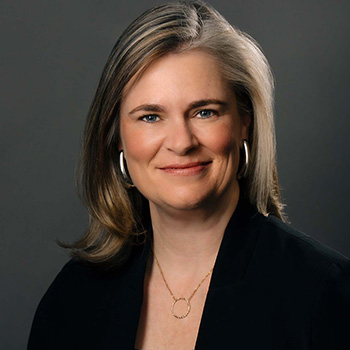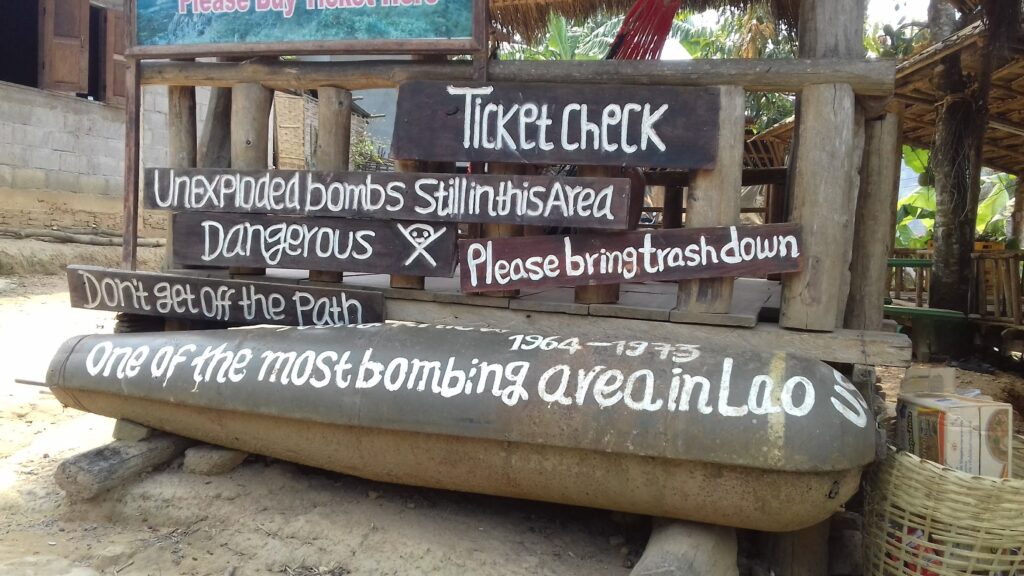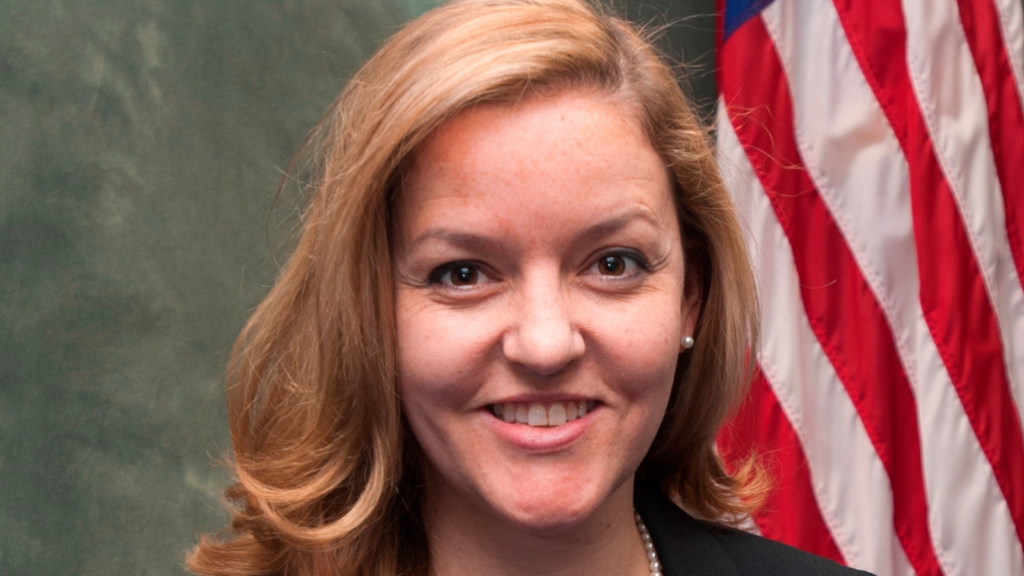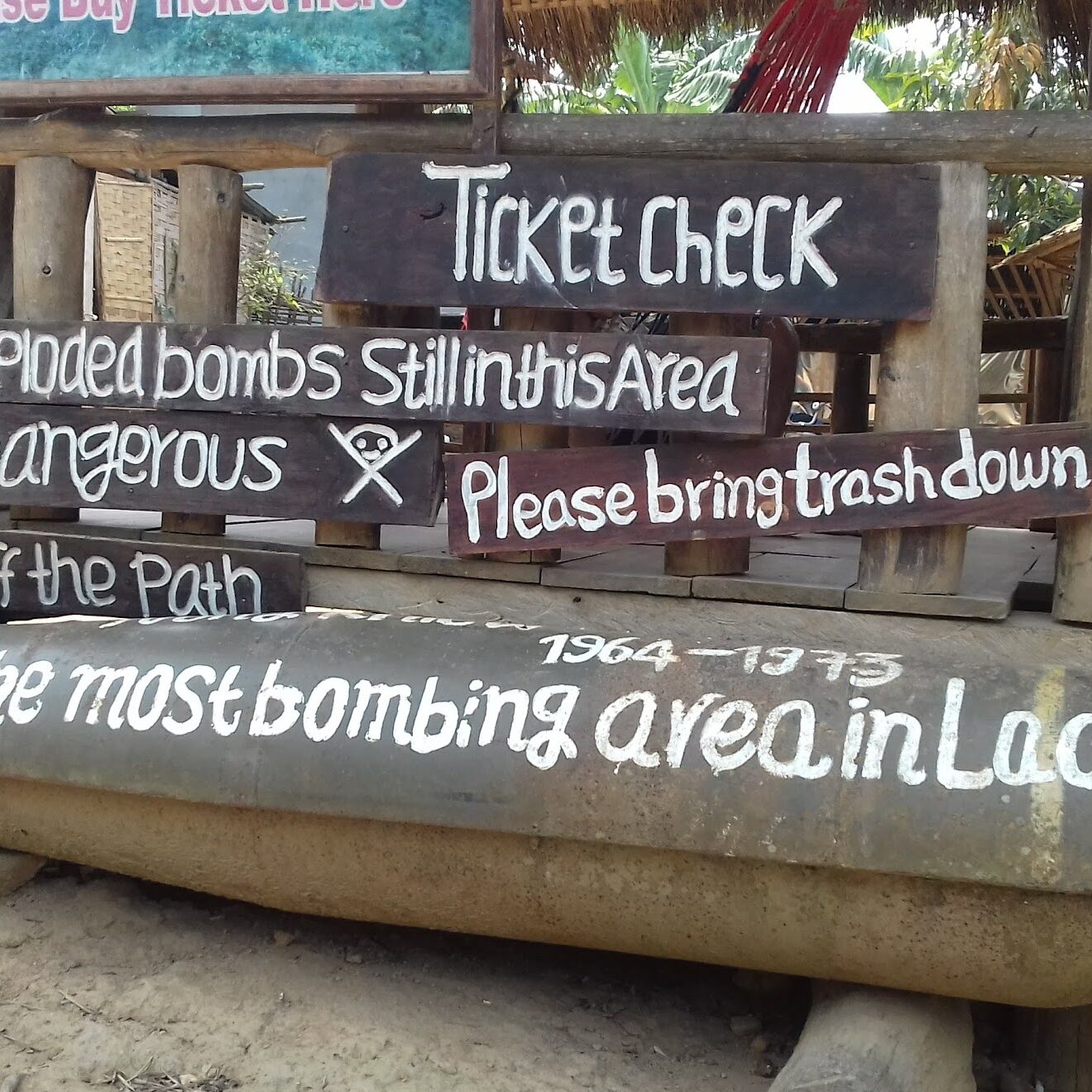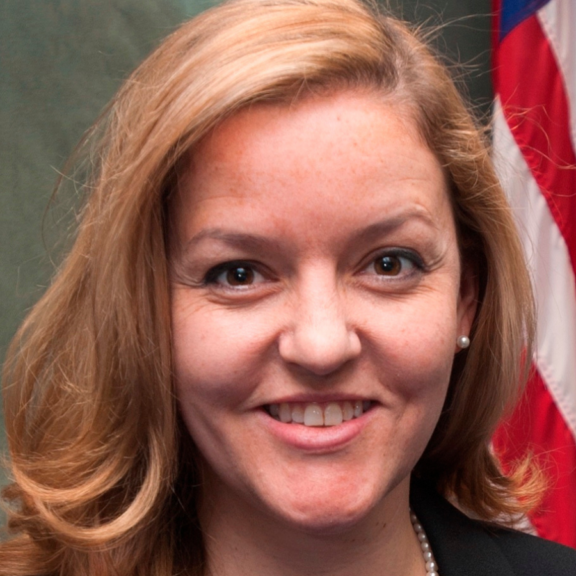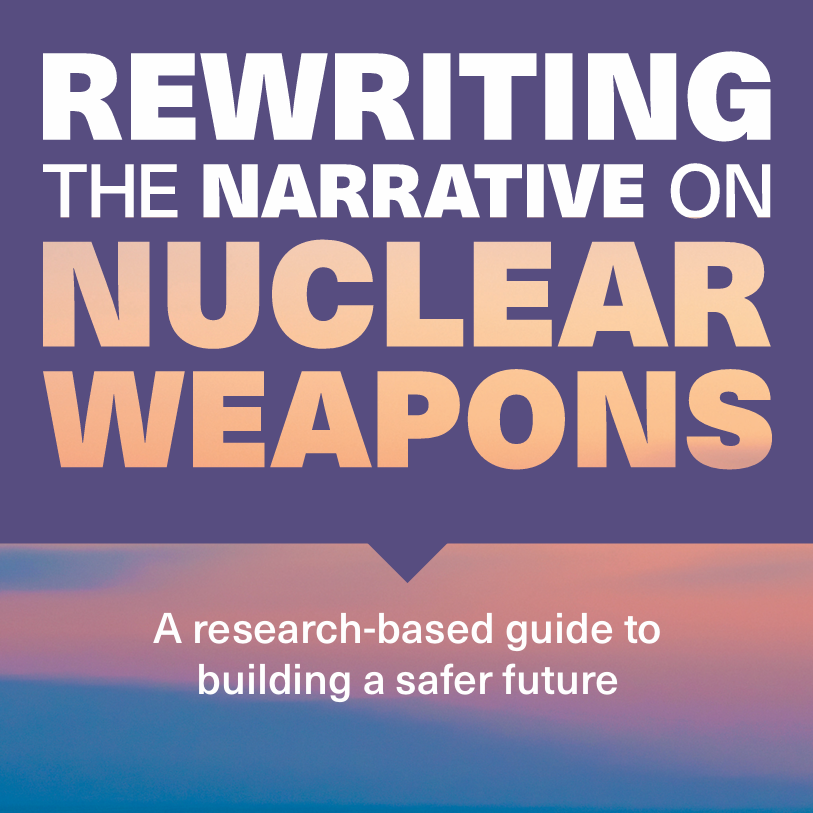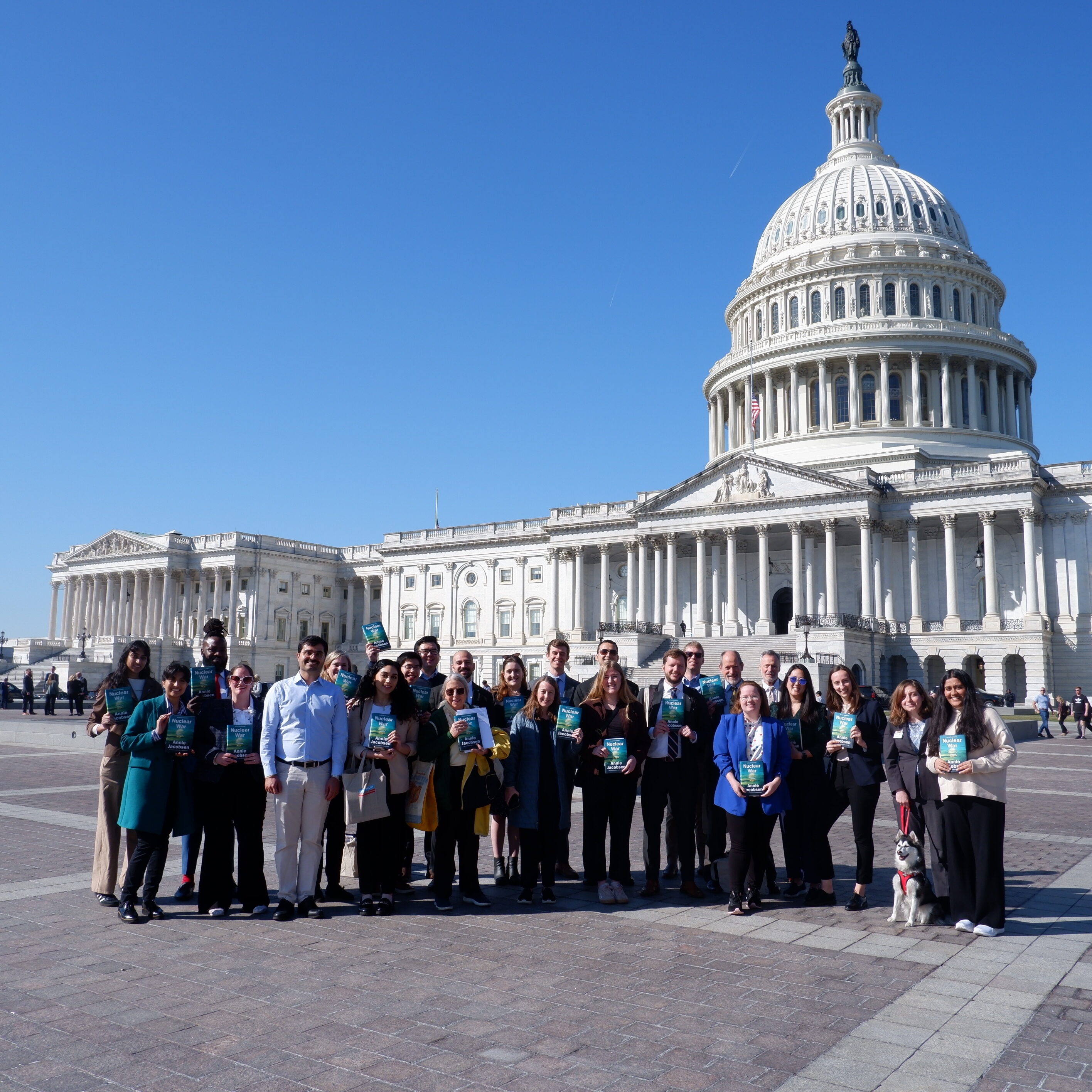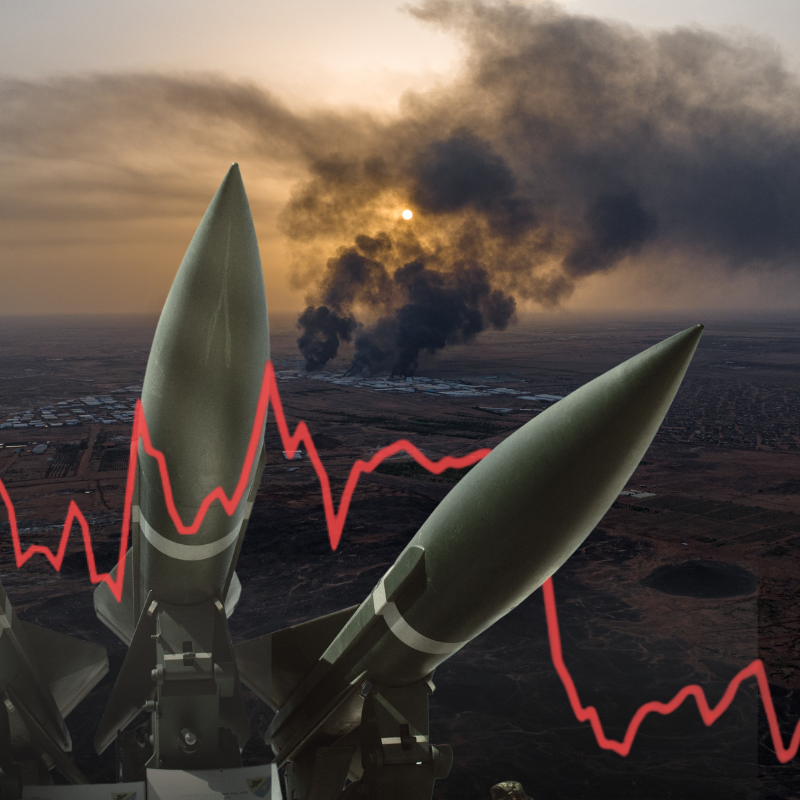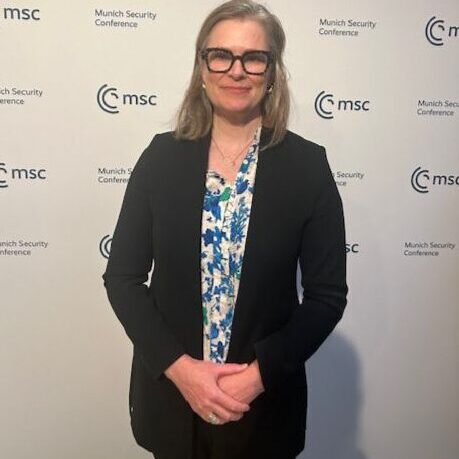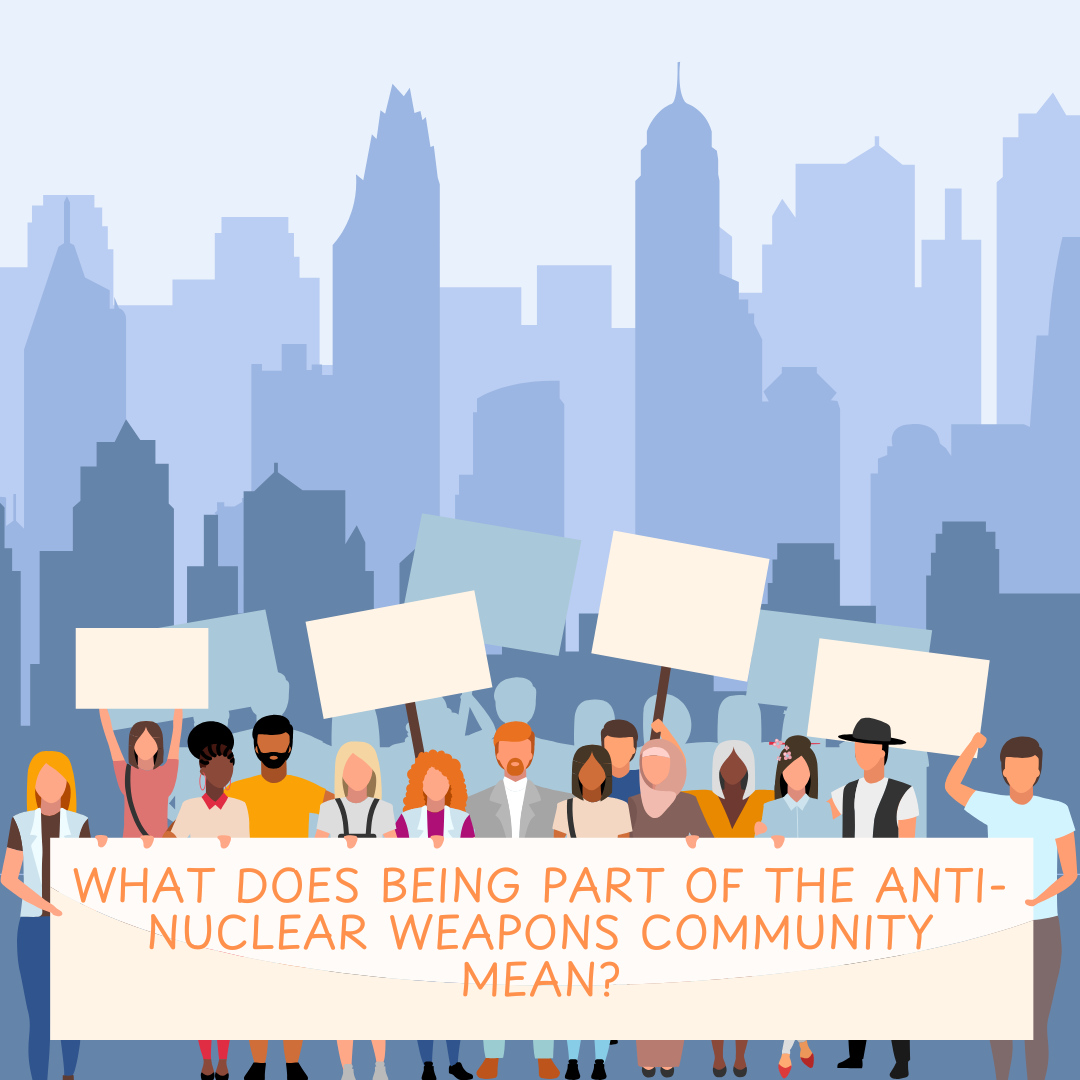Story Center
Current news and exciting stories highlighting the good, the bad, and the truth about nuclear weapons in the world.
The Big Story
VIDEO – Stopping Nuclear Inevitability
Dr. Emma Belcher was recently a guest on PBS's 'The Open Mind' discussing how to reverse the likelihood of nuclear war.
Please contact Charles Crosby at ccrosby@ploughshares.org for further information on any of these stories or to arrange for interviews.
